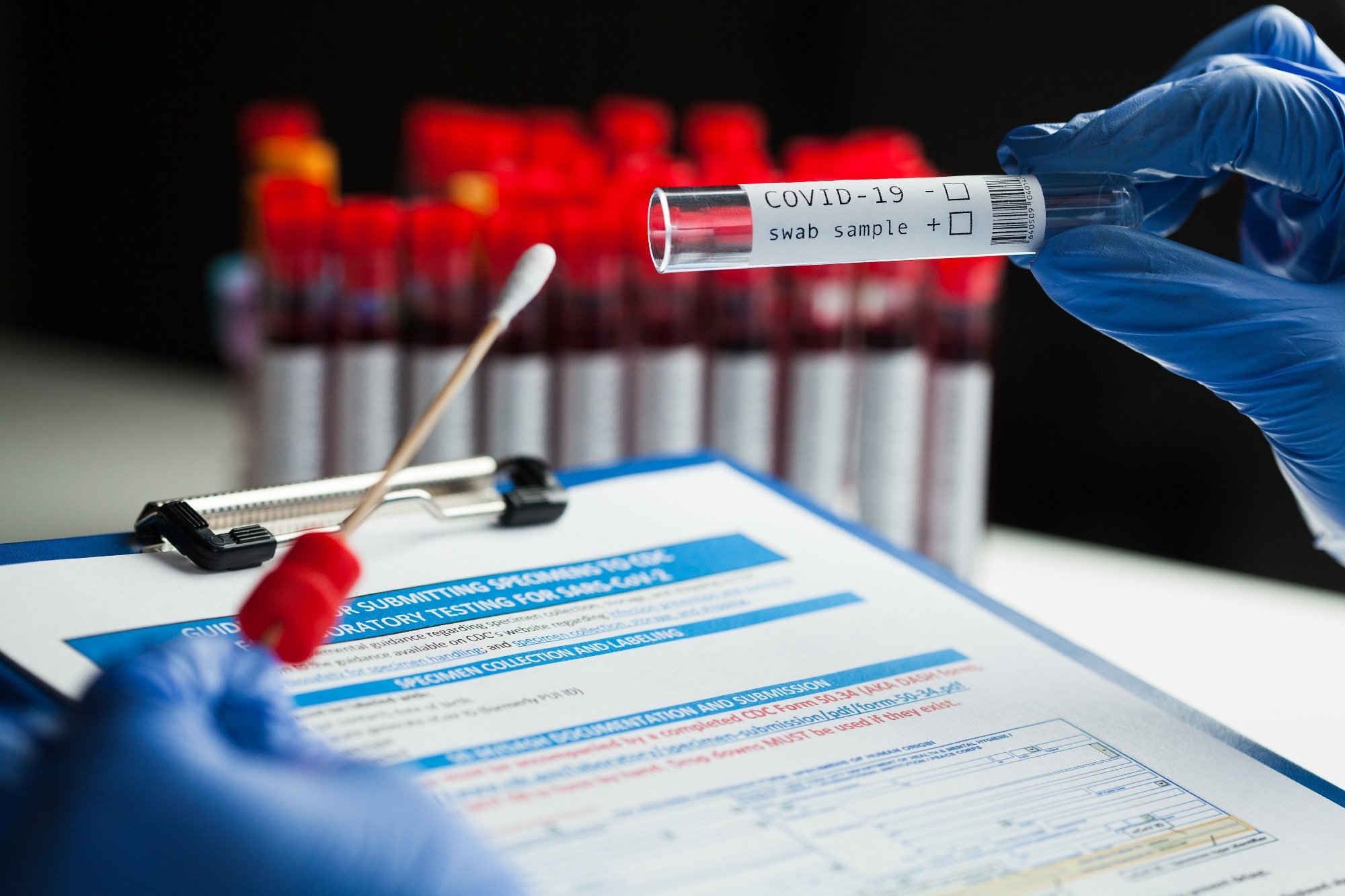In a recent study published in the journal BMJ Global Health, researchers compare coronavirus disease 2019 (COVID-19) management guidelines to those published by the World Health Organization (WHO) among different member states.
 Study: Comparison of WHO versus national COVID-19 therapeutic guidelines across the world: not exactly a perfect match. Image Credit: Cryptographer / Shutterstock.com
Study: Comparison of WHO versus national COVID-19 therapeutic guidelines across the world: not exactly a perfect match. Image Credit: Cryptographer / Shutterstock.com
Global disparities in managing COVID-19
Since the beginning of the COVID-19 pandemic, the therapeutic landscape has changed dramatically, with increasing vaccine coverage, more frequent infections, and viral evolution reducing pathogenicity.
However, the poorest nations have often suffered the worst societal and economic consequences of the pandemic. Variations in treatment recommendations between nations have not been publicly measured or thoroughly investigated, with uneven administration of effective vaccines and medications.
About the study
In the present study, researchers performed a retrospective analysis of each nation's guidelines (NGs) for severe acute respiratory syndrome coronavirus 2 (SARS-CoV-2) infection therapy using the Reporting Checklist for Public Versions of Guidelines (RIGHT-PVG) survey checklist and a developed comparison metric based on WHO standards.
Between September and November 2022, data for guidelines compiled by the Ministries of Health, National Infectious Disease websites, COVID-19 Clinical Research Coalition, and key opinion researchers and leaders were analyzed. The most recent national guidelines for SARS-CoV-2 infection therapy were stratified by severity while eliminating local or regional hospital guidelines, vaccination policies, infection control measures, and those without pharmacological recommendations. Any information about COVID-19 complications, such as bacterial pneumonia and thrombosis, was eliminated from the guidelines.
Eight physicians and one clinical nurse extracted information, including publication dates, language, body, illness severity rating, prescribed medications, regulatory status, and regulatory data collected by national-level authorities. Antibiotic suggestions were omitted unless intended for SARS-CoV-2 infection.
Countries were categorized into five areas based on WHO classification, which included the European Region (EUR), the African Region (AFR), the Southeast Asian Region (SEAR), the Region of the Americas (AMR), the Western Pacific, and Eastern Mediterranean Region (EMR). Data on treatment recommendations from the relevant health authorities in each nation were obtained and analyzed.
The alignment between national recommendations and the WHO's 11th iteration of recommendations was determined. To this end, positive numeric weights were assigned to suggestions that adhered to WHO criteria, whereas negative weights were assigned to those that discouraged or included non-evidence-based advice. The final score reflected the country's adherence to WHO recommendations.
Therapeutic suggestions and illness severity categories were evaluated using the World Bank's gross domestic product (GDP) per capita, Human Development Index, and Global Health Security Index.
Study findings
COVID-19 treatment guidelines were obtained from 109 WHO member countries and exhibited significant variability in recommendations and illness severity categories. Therapeutic advice in some NGs deviated significantly from WHO recommendations. In late 2022, 93% of national guidelines recommended one or more medications that failed randomized trials and were unauthorized by the WHO.
Despite robust evidence of treatment benefits, approximately 10% of NGs did not recommend corticosteroids for severe sickness. Stratifying by yearly GDP, Human Development Index (HDI), and Global Health Security Index (GHS), NGs from low-resource countries showed the highest gap.
The median population of nations with acquired recommendations was 14 million, with 70% of guidelines implemented in EUR, followed by the AFR at 53%. Moreover, 65% of guidelines were released six months before the WHO protocols, with 31% issued or revised over the same period.
About 84% of recommendations did not describe COVID-19 severity according to WHO definitions, with only 9.2% of guidelines incorporating severity criteria equivalent to those used by the WHO. The range of therapies included in the recommendations ranged from one to 22, with the median being five, regardless of severity. Comparatively, WHO guidelines prescribe ten medicines.
In late 2022, several NGs continued to advocate medications that the WHO had previously cautioned against, with some regional variance. Taken together, 105 NGs recommended at least one WHO-approved therapy, with 71% of medications appropriate for the severity of SARS-CoV-2 infection.
Corticosteroids were the most widely recommended medicine, with 92% of NGs using these therapeutics and 80% indicating their use for the same illness severity as the WHO. Moreover, 23% and 79% of the 72 NGs recommended remdesivir and tocilizumab for mild COVID-19, respectively.
Conclusions
Based on the study findings, COVID-19 has resulted in considerable variance in NG recommendations, with many advocating inefficient, costly, and inaccessible remedies, particularly in low-resource areas.
The study findings emphasize the importance of formalizing procedures for generating NGs for infectious diseases to ensure their development based on the best available data. Recommendations provided by NGs varied greatly, some of which did not have any national guidelines, omitted WHO-recommended medicines, proposed untested medications, or used different SARS-CoV-2 infection severity classifications.
Journal reference:
- Cokljat, M., Cruz, C. V., Carrara, V. I., et al. (2024). Comparison of WHO versus national COVID-19 therapeutic guidelines across the world: not exactly a perfect match. BMJ Global Health. doi:10.1136/bmjgh-2023-014188